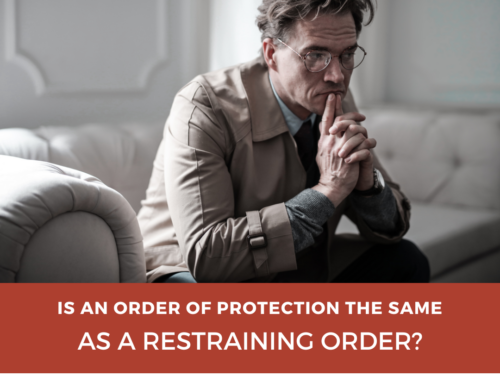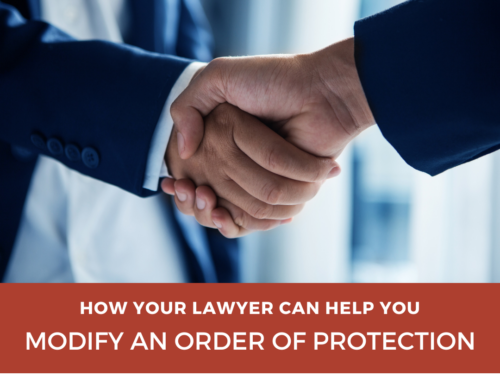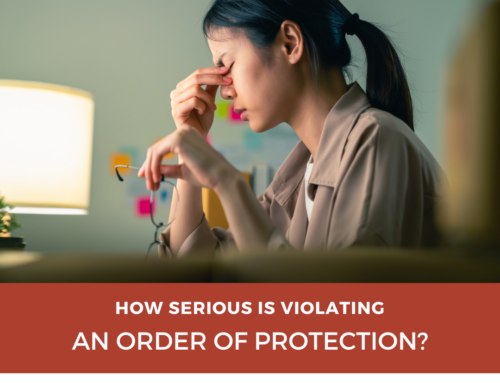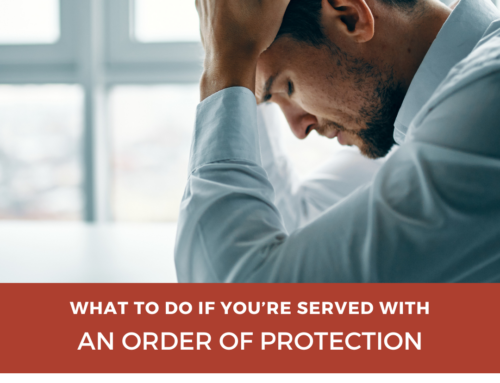If you’re like many people, you’ve never had an order of protection issued against you – so when it happens, you’re surprised, confused, and not quite sure what to do. What are you supposed to do if someone gets an order of protection against you? Should you fight it? Can you even fight it?
Here’s what you need to know.
What Should You Do if Someone Gets an Order of Protection Against You?
If someone gets an order of protection against you, the first thing you should do is get in touch with an attorney. You have rights, even under an order of protection, and you need to understand them. You also need to completely understand the order – including what it prohibits and what it requires you to do.
You also need to know whether you should fight the order or do nothing but abide by it.
Should You Fight an Order of Protection?
Every case is different, and your attorney can give you case-specific guidance so you can make the right decision. If you choose to, you can fight the order of protection in court. Generally, this happens when one or some (or even all) the requirements or restrictions it imposes on a person are unreasonable, such as preventing someone from seeing his or her children.
You can definitely choose to do nothing. However, if you don’t show up in court on the date listed on your order, the judge will decide the case based on only one side of the story – and it’s not going to be yours (because you’re not there to present it).
When possible, it’s best to get legal counsel before going to court over an order of protection. That way, you know what your rights are. In fact, for most people, the best choice is to hire an attorney to represent them in court.
In court, you’ll have a chance to present your side of the story so the judge can make an informed decision. After hearing both sides, the judge will decide whether to issue an order of protection. Judges don’t always decide immediately; it can take a few hours, or it could take a few weeks. Either way, you should consult with your attorney on what to do in the meantime. And under no circumstances should you attempt to discuss the case – or anything else – with the person who applied for the order of protection.
Has Someone Gotten an Order of Protection Against You?
If someone has gotten an order of protection against you, call our office for a free consultation. We’ll be happy to answer your questions and help you get started in the right direction. We’re available at 847-920-4540 or through the contact form below.







Leave A Comment
You must be logged in to post a comment.